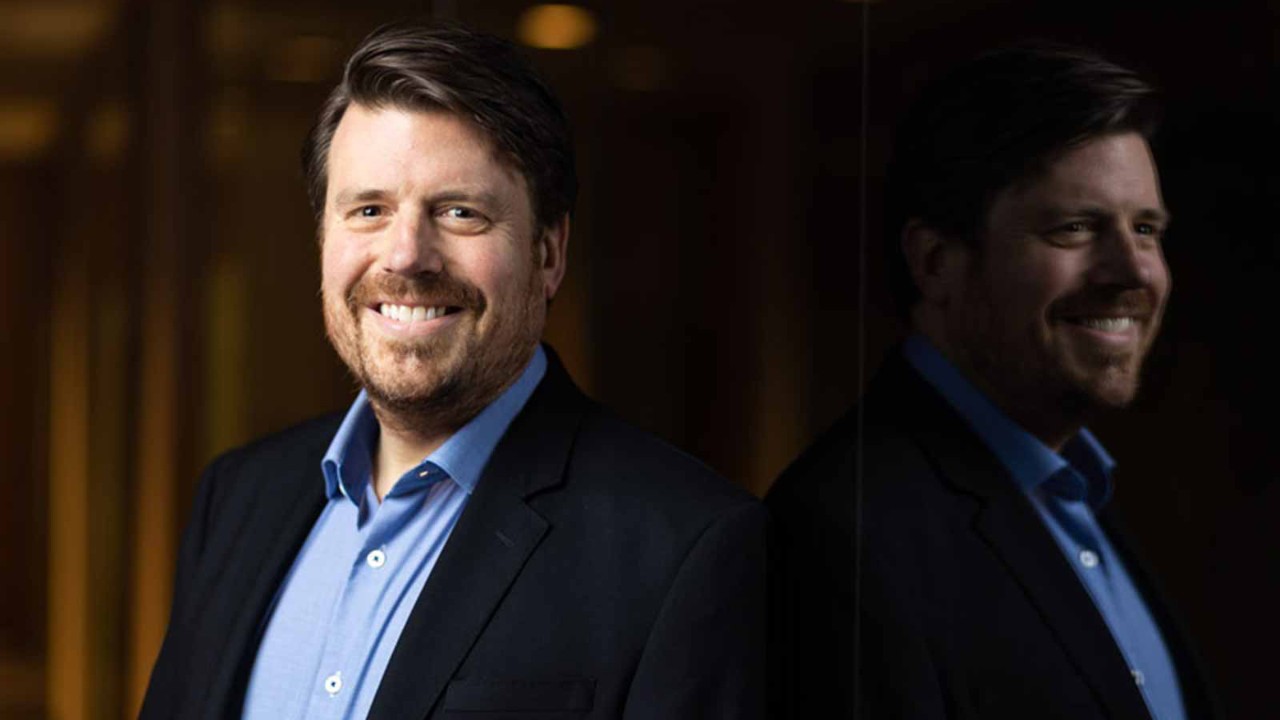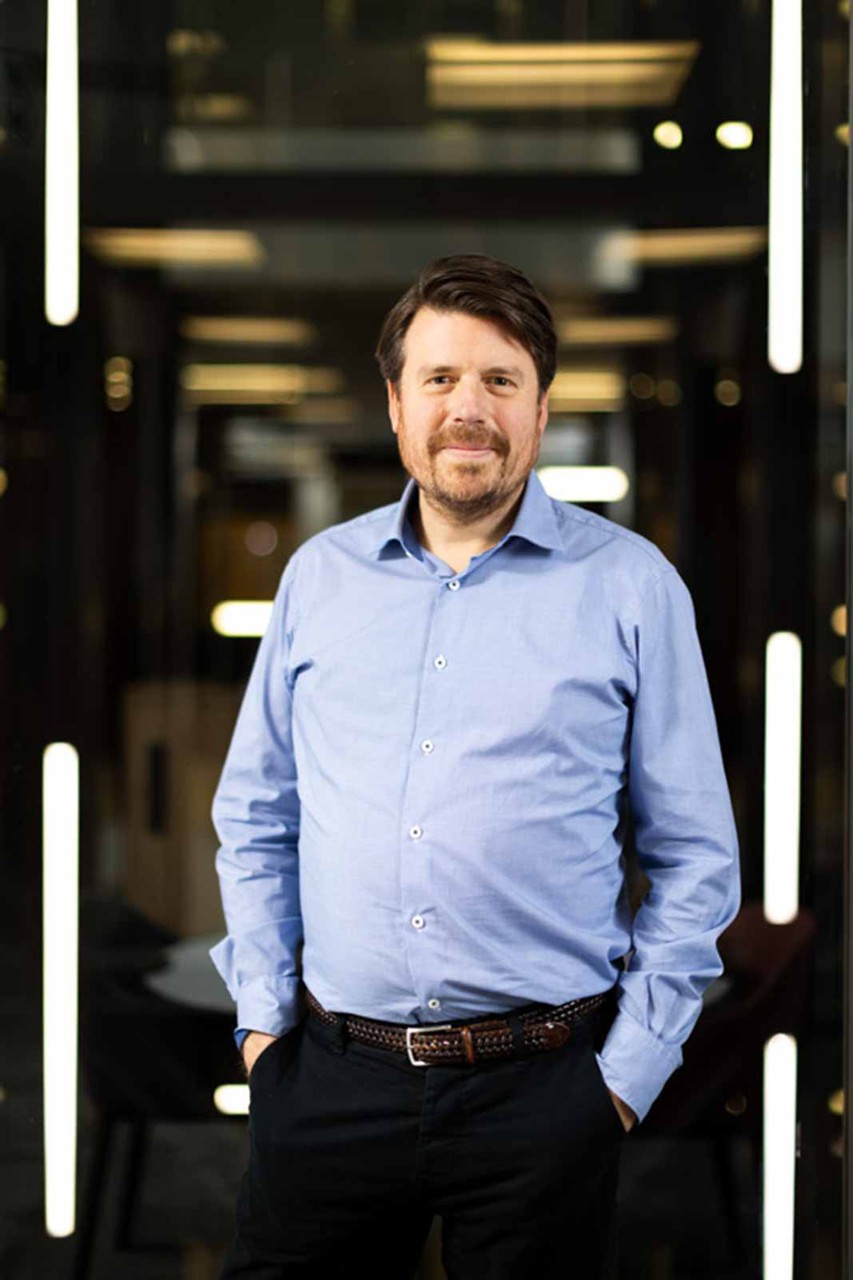
Having his name in the end credits of Star Wars was a big moment for Nigel Walde FCCA, a partner specialising in film and television at Saffery Champness.
‘Seeing your name on screen like that is great,’ he says. ‘When you start out as an accountant, you don’t ever think something like that is going to happen. So it’s enormously satisfying to be recognised for the work you do.’
Walde is one of 52 people in the firm’s specialist film, television and video games team, which has grown from 17 staff in 2012 when Saffery Champness acquired the team from RSM Tenon – and it’s still growing.
Between 2017 and 2019, direct spend on screen production in the UK grew 74% to just under £14bn

CV
2018
Partner, film and TV, Saffery Champness, London
2014
Director, film and TV, Saffery Champness, London
2010
Senior manager, film and media, RSM Tenon, London
2003
Qualified with ACCA
1999
Trainee accountant, Godfrey Allan, London
Offering specialist advice on claiming creative sector tax reliefs in the UK, Walde has a client list spanning major Hollywood studios, and independent film and TV producers – Lucasfilm, Universal Pictures and Paramount Pictures among them. Independent filmmaker clients have included Zephyr Films and Thin Man Films, the production company of British writer-director Mike Leigh.
‘I act for independent television companies such as Firebird Pictures, independent US producers such as Indian Paintbrush, and animation clients including DreamWorks Animation. I also act for France’s StudioCanal,’ he says.
Tax critical
Tax relief for qualifying British productions and co-productions is critical to the screen industries, in some cases accounting for a fifth to a quarter of a project’s budget. ‘Many wouldn’t make a project without having these tax reliefs, so it’s absolutely vital,’ says Walde. ‘It is also important for the UK government,’ Walde says, ‘because the inflows far outweigh the outflows’.
The payback for the UK government is huge investment by film and TV companies. In the 2017–19 period, direct spend on screen production in the UK grew 74% to just under £14bn compared with 2014–16. This generated record-breaking levels of production, jobs and inward investment, grew local businesses and infrastructure, and boosted UK screen exports. According to BFI, screen business tax revenues in the 2017–19 period across film, high-end TV, animation, kids TV and video games totalled £4.3bn.
Covid impact
Since lockdown, Walde works both from home and the office, with regular client contact via email and video calls. ‘Having American clients, you have to be on call all the time,’ he says.
‘There’s an eight-hour time difference with the west coast, so my calls often don’t start till 5pm. Working from home makes the logistics of this easier.’
He has been missing the annual trip to Los Angeles to meet clients face to face. ‘It’s so important to actually go and see clients in person,’ he says.
But this is a minor inconvenience compared with the disruption faced by the industry from Covid. ‘It costs producers a lot of money to shoot and make their productions in a Covid-safe environment,’ Walde says. ‘It’s increasing production budgets significantly. It also adds risks to how the production runs. If someone contracts Covid, a production can shut down, which is enormously challenging.’
Skills shortages are another enduring challenge – for both productions and the accountants advising them. ‘We’re always looking for new people,’ Walde says. ‘It’s interesting how many people I interview who say: “I know the UK does a lot of film and TV work, but it never really clicked that I could have a career in the sector as an accountant”.’
‘The demand for film and television content has increased massively’
Entertainment fan
Walde, who was born in Essex but grew up in Kent, describes his own career path to becoming an accountant as unconventional. He studied maths, statistics and economics at the University of the West of England, but left after his first year. ‘I realised quite quickly I didn’t enjoy the course,’ he says. ‘I tried to change degree, but all the courses I was interested in were full, so I decided to leave.’
After a series of odd jobs, including working in a pub and a hospital, he decided he should find a career with long-term prospects and opted for accountancy. He worked at a small one-partner firm in Kent for two years before moving to London, where he joined Godfrey Allan, a specialist practice serving the media, entertainment and sports sectors.
‘They had lots of music and entertainment clients, and that really attracted me to them,’ says Walde. ‘I just knew I wanted to go into a sector where I found the clients and what sat behind the numbers interesting.’
Looking ahead, what future does Walde see for the UK’s screen sector? ‘The demand for film and television content has increased massively,’ he says. ‘With more and more content being produced, the UK is building more studio space to accommodate it. We have a first-class industry and we’re competitive with other countries. Long may it continue.’

